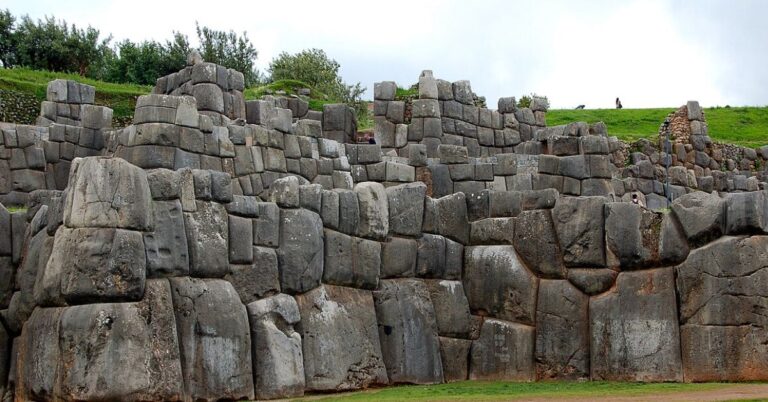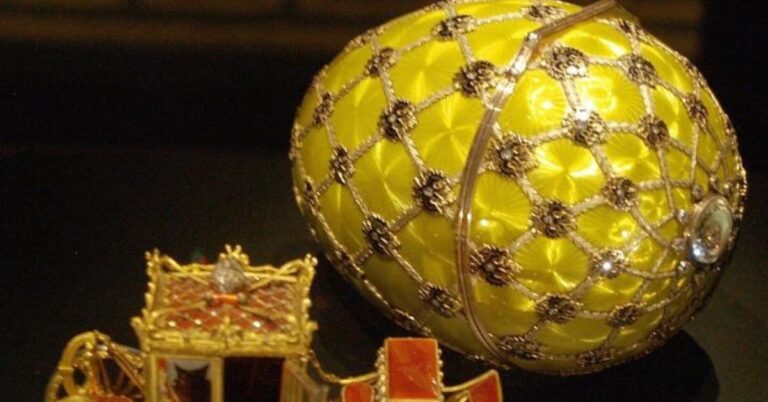Archeologist May Have Found A Lost Capital In North Macedonia, Here’s What We Know So Far

In the quiet countryside near Crnobuki, a village in North Macedonia, archeologists may have discovered a long-lost capital of a forgotten civilization. Once dismissed as a minor outpost, the site has now taken center stage in a potential reimagining of the region’s ancient history.
A Site Once Overlooked

The location first appeared in archaeological records in 1966, when a few scattered ruins hinted at a Roman-era guard post. For decades, this initial interpretation went largely unchallenged. Modest finds and limited resources kept the area low on excavation priority lists.
However, that perception changed dramatically about 15 years ago when archeologists began more formal investigations. Even then, the discoveries seemed unremarkable, offering little to indicate the site’s true importance.
High-Tech Tools Providing Fresh Insights

Today, the narrative has shifted. A joint team from North Macedonia’s Institute and Museum–Bitola and California State Polytechnic University-Humboldt has reignited interest in the site. Using advanced geophysical imaging, remote sensing, and stratigraphic analysis, researchers have uncovered a far more complex settlement than originally imagined.
Instead of a lone military outpost, evidence now points to a thriving city spread over 2.8 hectares (roughly 7 acres), complete with multiple districts and specialized structures.
Clues To An Urban Power Center

Among the most remarkable discoveries are architectural features that suggest administrative, cultural, and economic significance. Excavations have revealed remnants of what may be a Macedonian-style theater—an architectural hallmark often linked to civic pride and political influence.
Additionally, the remains of a large textile workshop suggest industrial production and trade. These findings imply a city with both political clout and economic power, potentially serving as a regional hub during a time when northern Macedonia played an important role in resisting Roman expansion.
Rewriting Regional History

The scope and complexity of the site have significant implications for how historians and archaeologists understand the region’s past. Until now, historical narratives have emphasized larger urban centers farther south or within the Roman Empire’s core zones.
However, the findings near Crnobuki suggest that a powerful, organized civilization may have flourished here independently. If confirmed, this would raise the site to one of the most important archaeological discoveries in the Balkans in recent memory.
What Comes Next

Research is ongoing, and much of the settlement remains unexcavated. Future digs are expected to explore residential zones, defensive walls, and more infrastructure. Every artifact discovered has the potential to shed light on the governance and regional alliances of this forgotten civilization.
Therefore, the possibility that this may have been a capital city is now a serious consideration, with researchers cautiously optimistic about what lies beneath the soil.






